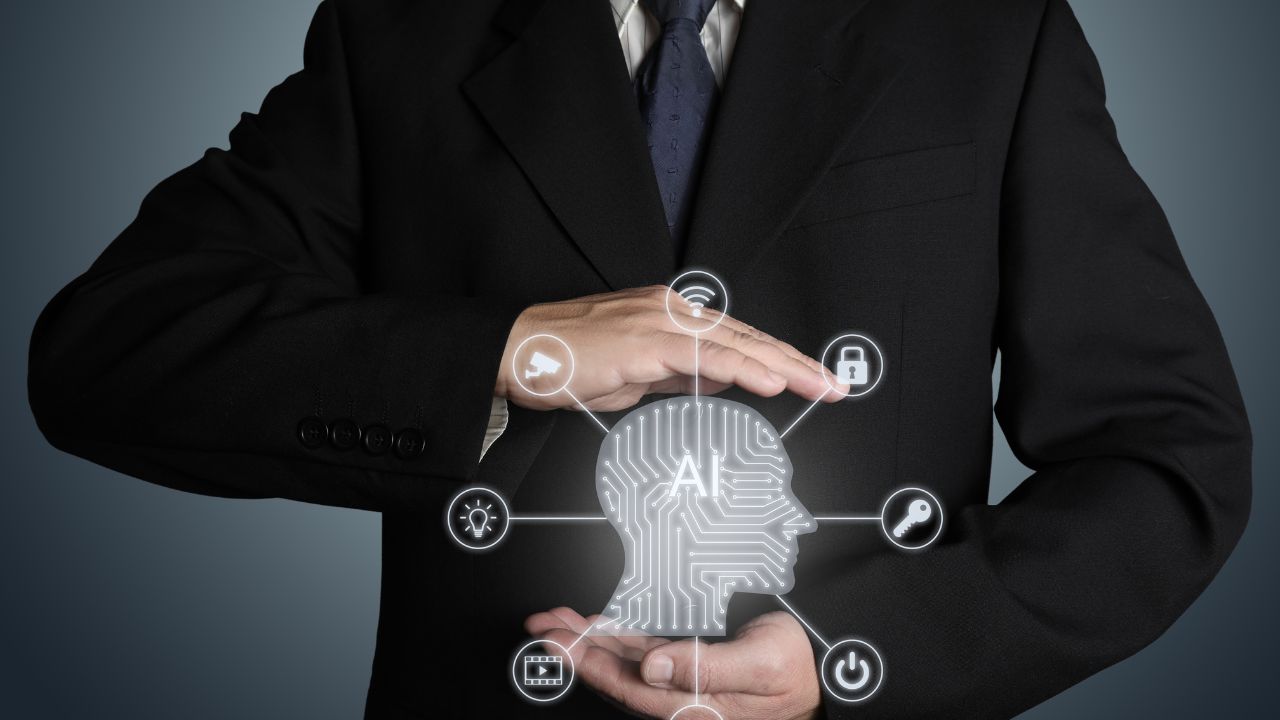Introduction:
Artificial Intelligence (AI) has captivated human imagination for decades, often depicted in science fiction as either a force for good or the harbinger of doom. However, in recent years, AI has transcended its fictional origins to become an integral part of our daily lives. This blog explores the fascinating journey of AI, from its early conceptualization to its current real-world applications, and the impact it has on the tech industry.
The Birth of AI:
AI, as a concept, dates back to the 1950s when pioneers like Alan Turing and John McCarthy laid the groundwork for what would eventually become known as artificial intelligence. Early developments focused on creating machines that could mimic human intelligence, albeit in a rudimentary form. These efforts led to the birth of neural networks and symbolic AI, setting the stage for further advancements.
The AI Winter:
Despite initial optimism, the field of AI faced numerous setbacks in the 1970s and 1980s, a period known as the “AI winter.” Progress stagnated, funding dried up, and interest waned as the lofty promises of AI failed to materialize. However, this period of dormancy proved to be temporary.
Renaissance of AI:
The turn of the 21st century witnessed a resurgence of interest in AI, fueled by breakthroughs in machine learning and computational power. Researchers began leveraging massive datasets to train complex algorithms, giving rise to a new era of AI technologies such as deep learning and natural language processing. Companies like Google, Amazon, and Facebook invested heavily in AI research, driving innovation across various domains.
AI in the Tech Industry:
Today, AI permeates almost every aspect of the tech industry, revolutionizing how we interact with technology. From virtual assistants like Siri and Alexa to recommendation systems on streaming platforms, AI-powered algorithms enhance user experiences and streamline workflows. In fields like healthcare, finance, and manufacturing, AI enables predictive analytics, personalized medicine, and autonomous systems, leading to unprecedented levels of efficiency and productivity.
Challenges and Ethical Considerations:
Despite its immense potential, AI also poses significant challenges and ethical dilemmas. Concerns about data privacy, algorithmic bias, and job displacement have sparked debates about the responsible development and deployment of AI technologies. As AI continues to evolve, it’s crucial to address these issues proactively and ensure that AI benefits society as a whole.
Looking Ahead:
The journey of AI is far from over. As technology advances and our understanding of artificial intelligence deepens, we can expect to see even more groundbreaking applications emerge. From self-driving cars to humanoid robots, the possibilities are endless. However, it’s essential to approach these advancements with caution and foresight, balancing innovation with ethical considerations.
Conclusion:
The evolution of AI from a mere concept to a transformative force is a testament to human ingenuity and perseverance. As we continue to push the boundaries of what’s possible, AI will undoubtedly play an increasingly pivotal role in shaping the future of technology and society. By harnessing its potential responsibly, we can unlock new opportunities and overcome challenges to create a better, more inclusive world.
